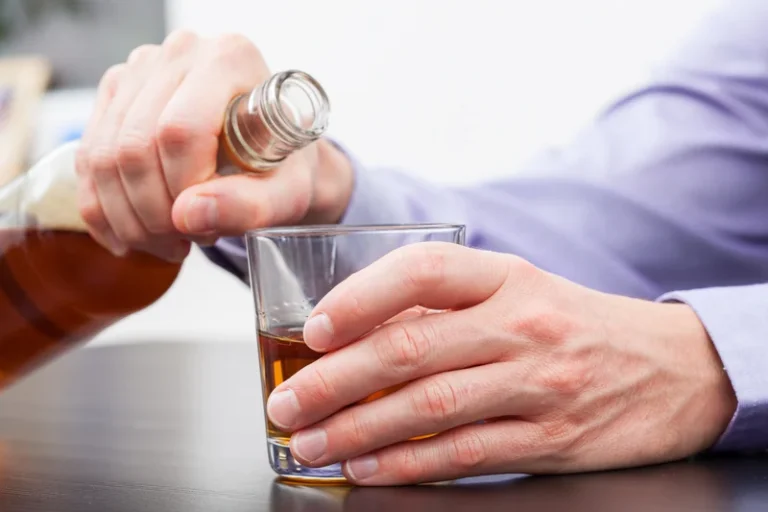
Eliquis prevents your blood from clotting, and alcohol can also have this effect. Therefore, drinking excessive amounts of alcohol while you’re taking Eliquis could increase your risk of bleeding. For preventing blood clots and stroke in AFib, Eliquis is meant to be used as a long-term treatment. So if you and your doctor determine that Eliquis is safe and effective for you, you’ll likely take it long term. A lower dosage of Eliquis is sometimes recommended for preventing blood clots and stroke in older adults with AFib.
What is blood clotting?
Understanding the interactions between alcohol and Eliquis is crucial for maintaining your health. While moderate alcohol consumption can potentially increase the effectiveness of Eliquis, it can also heighten the risk of bleeding. Therefore, it is generally recommended to limit alcohol intake while on this medication. Additionally, informing your healthcare provider about all the medications and supplements you’re taking is vital for safe and effective treatment. Recognizing and addressing alcohol misuse is also essential.
Which is safer: Xarelto or Eliquis?
Before taking any OTC drugs during your Eliquis treatment, talk with your doctor or pharmacist. They’ll make sure these medications are safe to take with Eliquis. If you have questions about drug interactions that may affect you, talk with your doctor or pharmacist. Due to this risk, doctors typically can you drink beer on eliquis will not prescribe thrombolytic drugs in combination with Eliquis. If you develop a blood clot while taking Eliquis, your doctor can advise you on the right treatment. (For details about Eliquis’ dosage, see this article.) Or they may switch you from Eliquis to a different drug, such as heparin.
Understanding the Risks: Mixing Alcohol and Eliquis Explained
They’ll likely recommend a medication other than Eliquis for your condition. Tell your doctor if you have any upcoming surgeries or dental procedures while you’re taking Eliquis. This medication is a blood thinner and increases your risk of bleeding.
- For those who have a problem with alcohol use disorder, there are resources and tools to help reduce alcohol intake.
- If you need a spinal procedure while you’re taking Eliquis, your doctor will monitor you for symptoms of blood clots.
- This article cuts right to the chase, detailing the risks and clear guidelines for safely managing alcohol and Eliquis intake.
- If you stop taking apixaban, the rate at which your blood clots will return to what it was before you started taking it, usually within a day or two of stopping.
- Lab tests have not been reported to interact with Eliquis.
- You can take Eliquis (apixaban) with or without most foods.
- He is a registered physician in vascular interpretation (RPVI).
- This group also includes heparin, Coumadin (warfarin), Xarelto (rivaroxaban), and Pradaxa (dagibatran).
- Examples include bloody stool or urine, coughing up blood, and unexplained bruising.
My book is written as an easy-to-read, complete A to Z guide on atrial fibrillation, written in everyday language for any patient to understand. The relationship between alcohol and AFib is particularly concerning as alcohol can act as a trigger for AFib episodes. The exact mechanisms are complex and multifaceted, but it is known that alcohol can affect the electrophysiology of the heart, altering its normal rhythm.
What are the serious side effects of Eliquis?

Since several anti-inflammatory medications interact negatively with Eliquis, doctors generally advise patients not to take them while using the drug. Certain herbal supplements are known to reduce the effects of Eliquis. St John’s wort can reduce the amount of Eliquis in your system, ultimately making the drug less effective. Therefore, most doctors will recommend you stop taking St John’s wort while you take Eliquis.

What should I know about stopping Eliquis treatment?
If you have an artificial heart valve, your doctor will likely not prescribe Eliquis. They’ll recommend a different medication to take for treating or preventing blood clots. Eliquis works to prevent blood clots from occurring or to treat a blood clot that you already have.
- They can also allow your body to absorb the clot through the walls of your veins over time.
- Call your doctor right away if you have serious side effects.
- This medication hasn’t been studied in pregnant people, and it’s not known if it can cause congenital anomalies (commonly known as birth defects) or miscarriage.
- Therefore, it’s possible that taking Eliquis with testosterone could make Eliquis less effective than usual.
- It also helps keep the drug from harming the environment.
Overdose symptoms

Taking Eliquis and NSAIDs together can further increase your risk of bleeding. Taking Eliquis with NSAIDs can increase the risk of bleeding. Active bleeding refers to current bleeding, such as a bleeding ulcer.
Eliquis alternatives: which other blood thinners can I take?
Eliquis may not be right for you if you have certain medical conditions. Other factors may also affect whether Eliquis is a good treatment option for you. If you have concerns about risk of spinal blood clots during Eliquis treatment, talk with your doctor or pharmacist. Before having any spinal procedures done, tell your doctor that you’re taking Eliquis.
Eliquis is FDA approved to prevent DVT that could lead to PE in people who have had hip or knee replacement surgery. This is because the process of replacing your hip or knee can damage blood vessels around the joint, which can lead to DVT. Call your doctor right away if you have a severe allergic reaction to Eliquis. Call 911 or your local emergency number if your symptoms feel life threatening or if you think you’re having a medical emergency. To determine which one is safer, you would need to speak with a healthcare professional.










